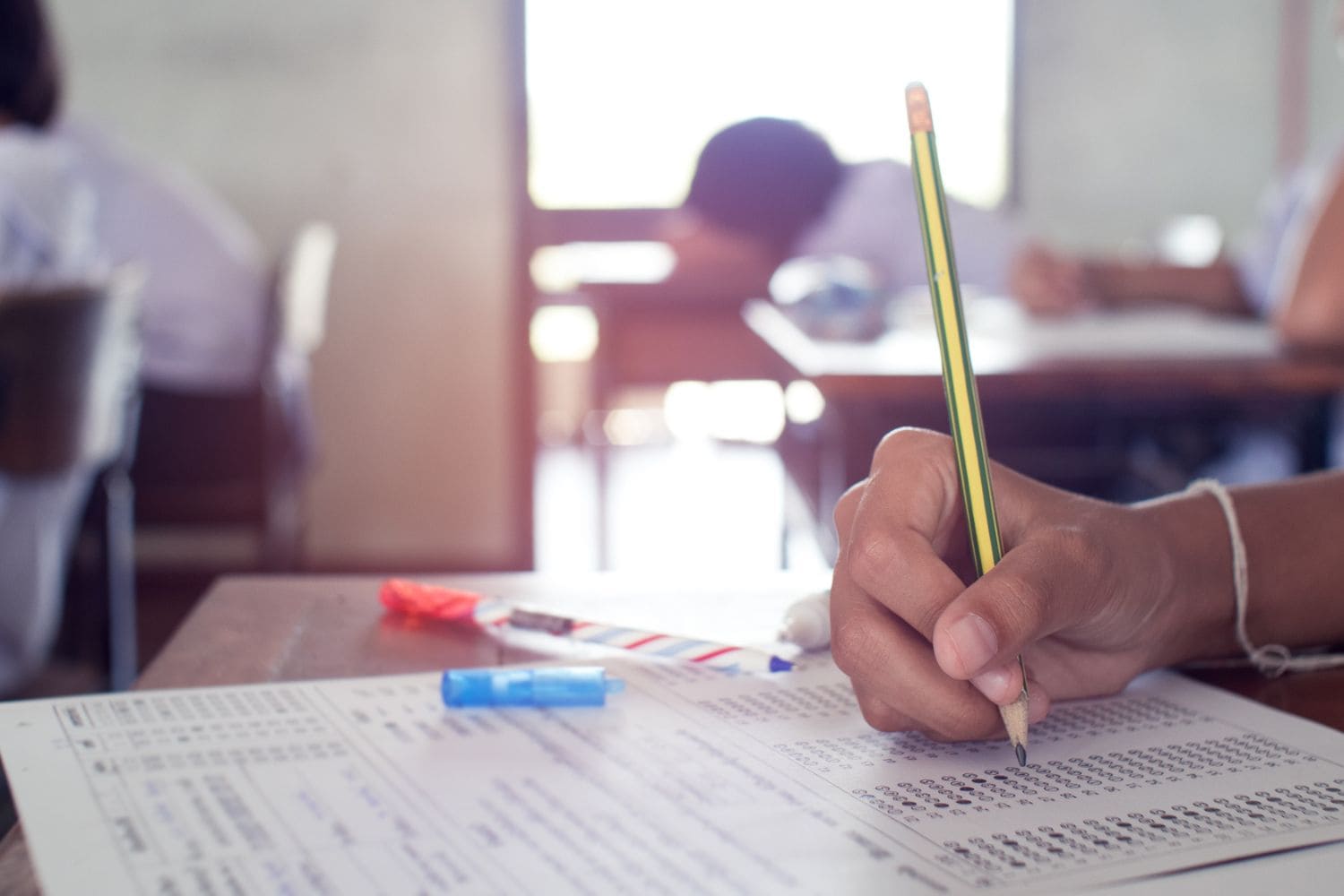Collaborative post
GCSE exams are a pivotal juncture in a student’s academic journey. They demand resilience and support from both educators and parents. As your child navigates through this critical phase, your role as a parent becomes instrumental in fostering exam confidence. This article provides practical tips on creating a conducive environment, managing expectations, and leveraging valuable resources, focusing on using past papers as a powerful study tool.
Building A Supportive Environment
Building a supportive environment begins with a dedicated study space at home. Ensure this space is quiet, well-lit, and free from distractions. Engage in regular, open conversations with your child about their academic journey. Be approachable, encouraging them to share concerns without fear of judgment. Reinforce the importance of balance, advocating for sufficient sleep and nutritious meals. You can create the foundation for effective support during the GCSE period by fostering an environment prioritising well-being and communication.
Setting Realistic Expectations
Setting realistic expectations involves recognising your child’s unique strengths and weaknesses. Tailor your expectations to their capabilities, avoiding undue pressure. Begin by discussing achievable academic goals together, considering their coursework and interests. Reinforce that success is a journey marked by progress, not just outcomes. Acknowledge setbacks as opportunities for growth and learning. Establishing realistic expectations means providing a framework for your child to thrive without feeling overwhelmed and promoting a healthy approach to academic challenges.
Effective Time Management
Effective time management is the cornerstone of successful GCSE preparation. Assist your child in crafting a structured study schedule that accommodates their subjects and allows for breaks. Prioritise consistency over last-minute cramming to reduce stress. Encourage using tools like planners or apps to track assignments and deadlines. Emphasise the importance of balancing study time with relaxation and extracurricular activities.
Using Past Papers For Effective Preparation
Using past papers is a strategic approach to exam preparation. Advocate for your child’s engagement with examiner-written GCSE resources, such as the ones from Save My Exams, emphasising the benefits of understanding exam formats and question styles. Encourage regular practice with past papers to build familiarity and confidence. Analyse incorrect answers together, turning mistakes into learning opportunities. This method not only hones their understanding but also instils a sense of preparedness. Incorporating past papers into the study routine provides a tangible and effective way to navigate the challenges posed by GCSE exams.
Addressing Exam Anxiety
Addressing exam anxiety requires proactive strategies. Teach your child relaxation techniques, such as deep breathing exercises, to manage stress. Emphasise the importance of maintaining a positive mindset and reframing challenges as opportunities for growth. Foster an environment at home that supports their emotional well-being during the exam period. Discussing anxiety openly and providing practical coping mechanisms ensures your child feels equipped to face exams confidently.
Nurturing Confidence
Nurturing confidence involves recognising and celebrating your child’s achievements. Regularly acknowledge their efforts, no matter how small, to boost self-esteem. Share stories of successful individuals who faced challenges during their academic journey. Reinforce the idea that mistakes are a natural part of learning. You contribute significantly to your child’s confidence by nurturing a positive and affirming environment.
Parenting through GCSEs involves creating an environment that nurtures confidence and resilience. You play a vital role in your child’s success by understanding the journey, setting realistic expectations, and leveraging resources like past papers. Your unwavering support and commitment will help improve your child’s exam confidence and overall academic achievement.

